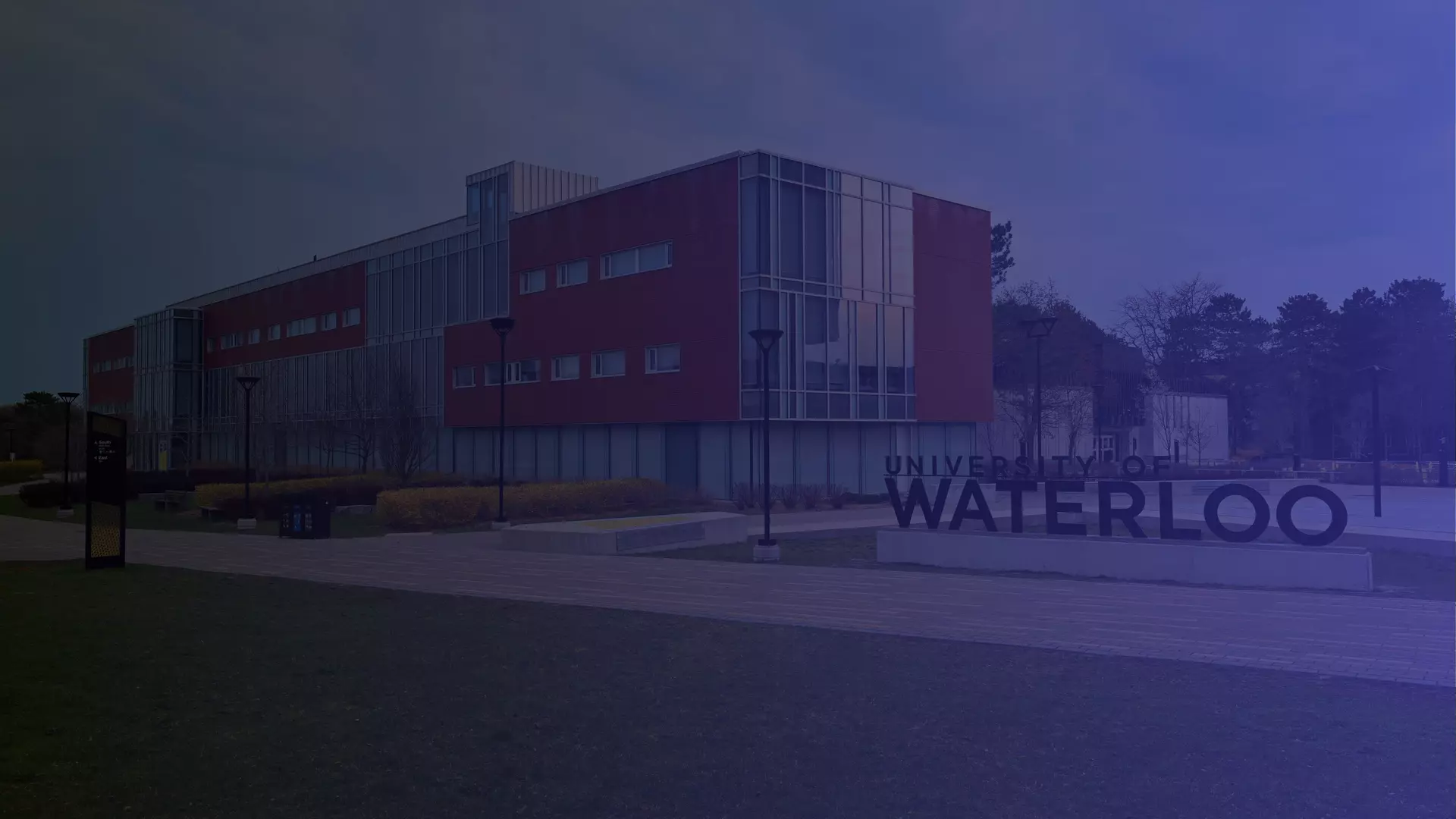
Discover your limitless potential in energy in a community that supports success
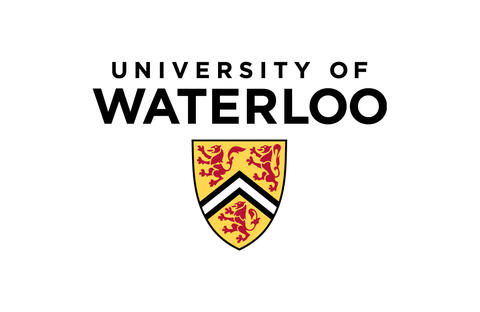
The University of Waterloo is a leading global innovation hub that drives economic and social prosperity for Canada and the world. With more than 41,000 students, we provide academic excellence and the world's largest co-operative education (co-op) program in addition to game-changing research and technology. Together, we are working with the energy to create partnerships and solutions to tackle global resource challenges.
The Co-operative and Experiential Education unit equips and empowers learners for the future of work and lifelong learning in the energy sector. With over 120 co-op programs that alternate terms of study and work, over 25,000 students a year go to work across Canada and over 60 countries. A 2018 Deloitte study demonstrated that employers that hire our co-op students receive $2 of value for every $1 that they spend through our students’ contributions to the organization.
We invite the energy sector you to join some of the world’s leading organizations to hire our students as part of a de-risked talent pipeline. In 2023, we were awarded the QS gold award for the power of partnerships to recognize our exceptional approach to working with industry and the demonstrated results. We look forward to working with the energy industry to meet your talent needs!
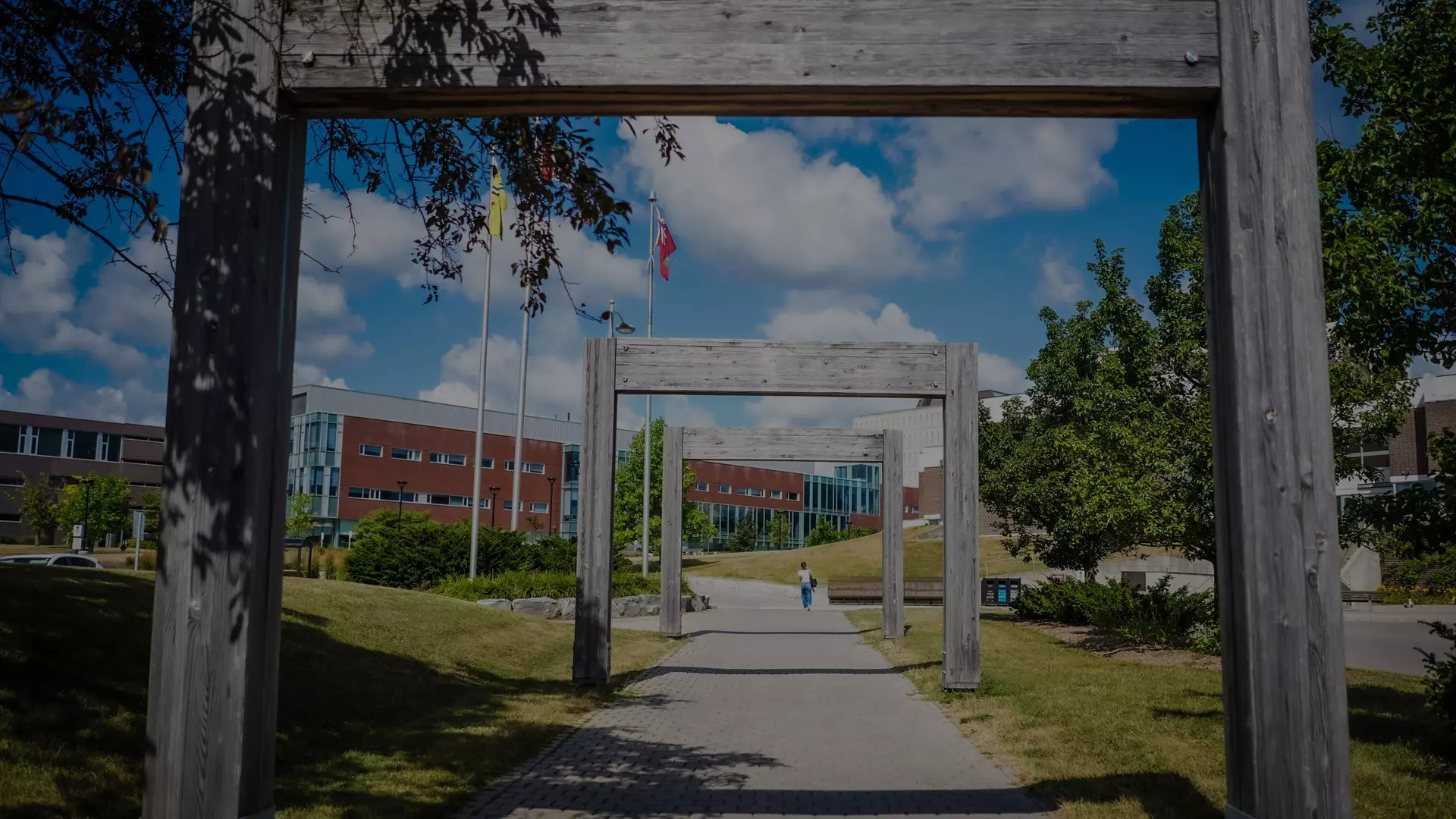
Campus Engagement Opportunities
For employers, Co-operative and Experiential Education at the University of Waterloo offers multiple opportunities for current students to network, learn from professionals in the dynamic energy field and grow their skills with events and workshops offered each term.
Learn More
Programs and opportunities
The University of Waterloo has over 120 co-op programs across our six faculties of Arts, Engineering, Environment, Health, Mathematics and Science. Find out more about our full list of course offerings. Energy-related programs and courses include:
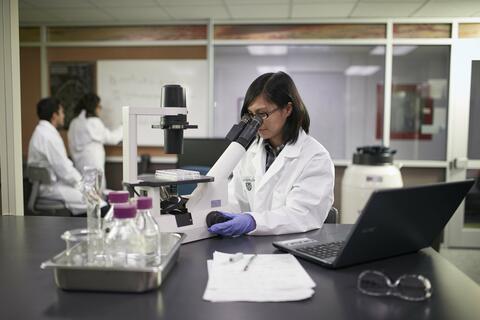
Biochemistry
In Biochemistry, students explore the chemical processes and molecules within living organisms. They start with a broad science foundation in the first year, including chemistry, biology, physics, and calculus. Students graduate with the knowledge and skills to work in a wide range of areas within energy, from bioenergy research to biomass fuel creation to solar energy and environmental science.
Thanks to our extensive range of lab courses, students have plenty of opportunity to learn hands-on skills like chromatography, electrophoresis, nuclear magnetic resonance, and more.
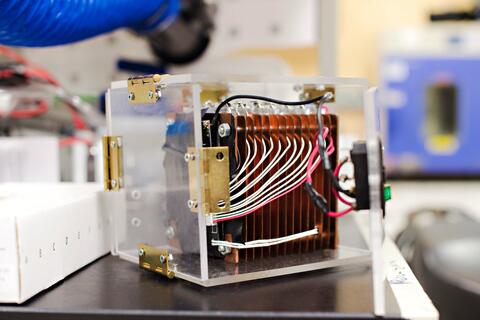
Chemical Engineering
Chemical engineers design, implement, and supervise industrial processes where matter undergoes change, including those in the energy, plastics, or pharmaceutical industries. They also play a major role in the emerging field of nanotechnology, which has applications in the development of new eco-friendly advanced materials and devices.
Through North America's largest co-op program, students can apply transferable skills in a wide range of jobs supporting the energy mix, from traditional to renewable energy production and integrating sustainable clean technologies.
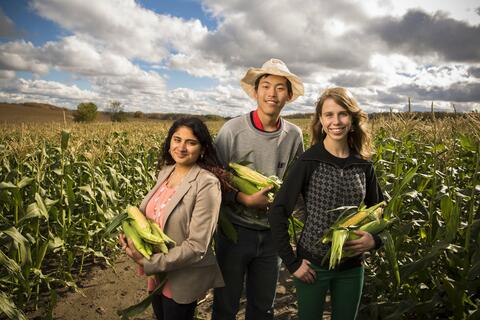
Environmental Engineering
As climate change and energy transformation efforts accelerate, it’s critical that we design solutions that protect the planet we all call home. Students will gain the skills to design clean energy systems and solar installations as well as find ways to optimize carbon capture technologies and reduce emissions.
At Waterloo, students can nurture their passion for sustainability, mathematics, and science. While also gaining two years of paid experience through six co-op work terms, allowing them to earn money and discover the career areas that fit them best.
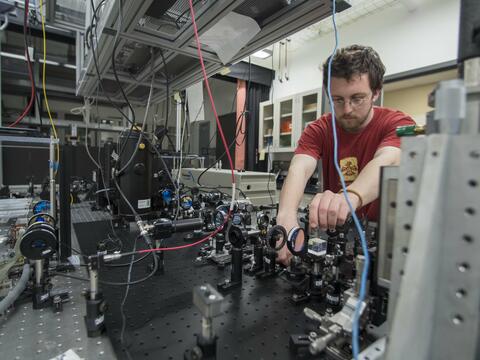
Electrical Engineering
Students study the fundamentals of electromagnetism, circuits, algorithms and instrumentation. They’ll be able to specialize in a range of technologies such as power generation, electronics and controls, and communication systems.
Students learn to design, create, and integrate more efficient and reliable technologies, like wind turbines, GPS devices, control systems, automation, and other circuits and smart energy systems.
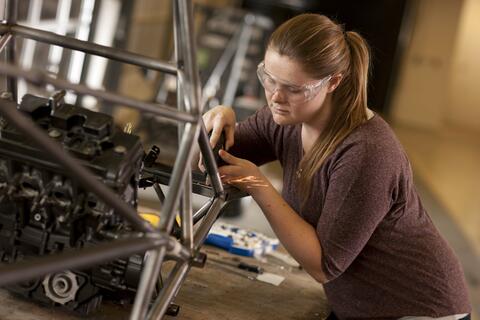
Mechanical Engineering
Students get a broad foundation in all aspects of mechanical design: mechanics, power, control, and manufacturing. They also learn to lead large, multidisciplinary teams, solve problems, come up with high-impact innovations, and have the chance to apply it all to real work experiences in co-op.
Graduates from this program work in various industries, including exploration and production, energy services, manufacturing, and more. Combine technical know-how with knowledge of fluids, power, and energy systems to create new technologies.

Geography and Environmental Management
Explore how people shape the planet we live on. Delve into the dynamics of the Earth’s physical systems. Help solve many of the world’s most pressing problems, such as climate change, natural resource sustainability, resource management, water scarcity, and more.
Ranked 4th in Canada for research and reputation (QS World University Rankings by Subject 2023), Waterloo's Geography and Environmental Management department is one of Canada's largest.
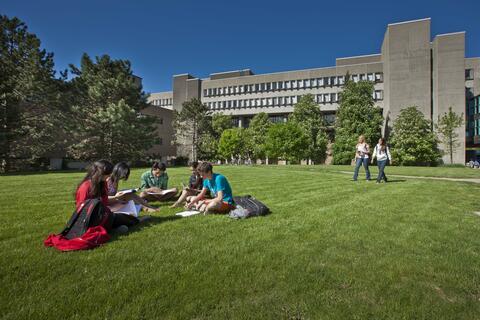
Diploma in Sustainability
This credential is open to students enrolled in degree programs or any non- or post-degree academic plan.
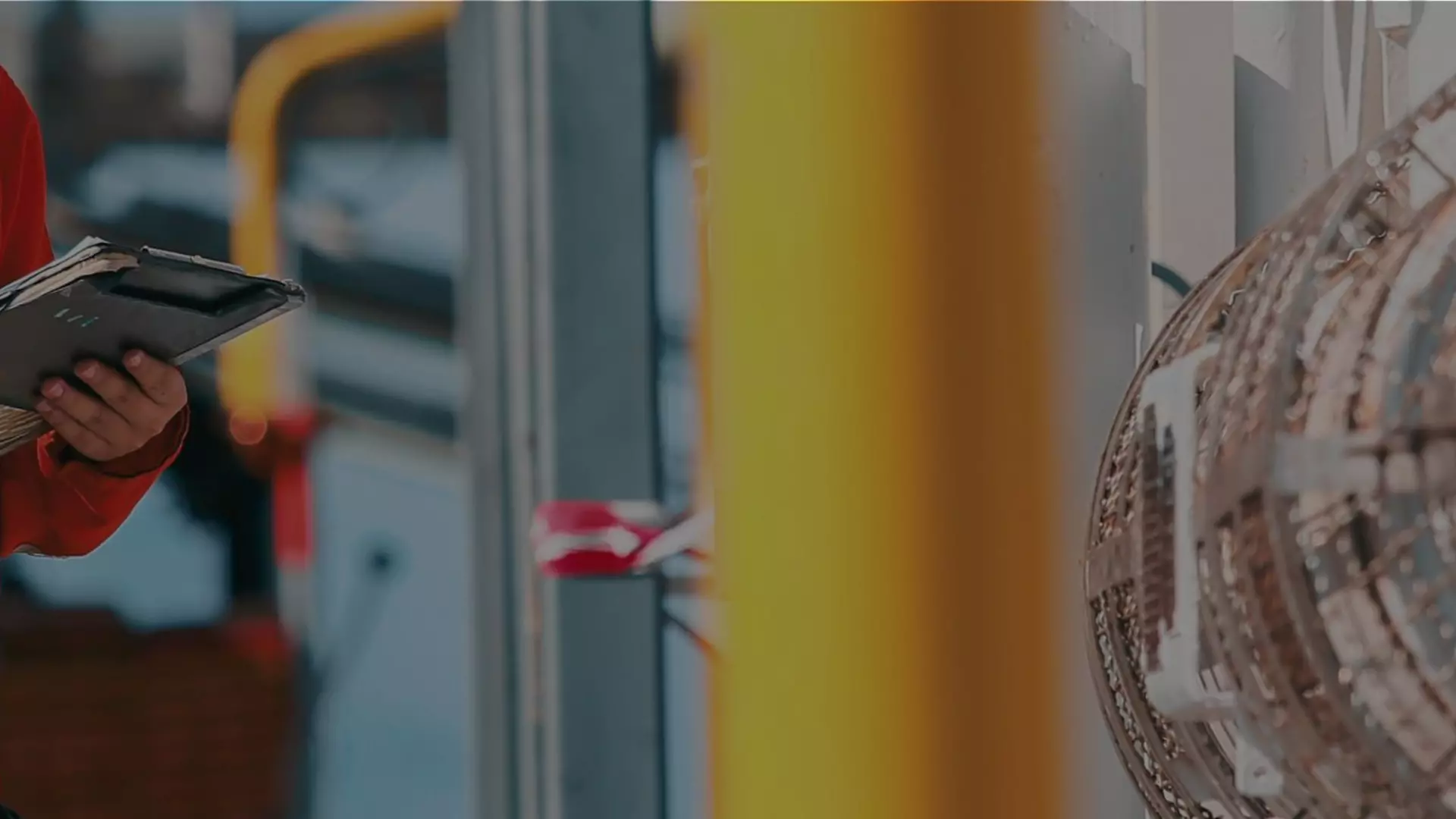
Find Your Career in Energy
Launch your career in the energy sector and contribute to a sustainable future. Explore our current opportunities and find where you can make a real impact.
Browse Current Opportunities
Course options
Each program offers various course options, and students can choose to take courses as electives, where available. Some of those offerings include:
ECE260 - Electromechanical Energy Conversion
Power systems and their fundamental components and models. Introduction to the principles of electromechanical energy conversion, including transformers and rotating machines, particularly (direct current) dc, induction and synchronous machines.
ME250 - Thermodynamics 1
The engineering science of energy. The scope and limitations of thermodynamics. Macroscopic approach to heat, work, energy and the First Law. Properties and state of simple substances. Control-mass and control-volume energy analysis. The Second Law of Thermodynamics, principle of increase of entropy, limiting cycle efficiencies, criteria for equilibrium.
ME459 - Energy Conversion
Review of reserves and consumption trends of Canada's and the world's energy resources. Design of fossil-fuel central power plants, including boiler efficiency calculations and advanced steam and binary cycles. Review of atomic physics including fission and fusion energy. Design of nuclear fission power plants including design of reactor core for critical conditions, fuel cycles and radiation hazards. Design considerations for solar energy conversion devices including: availability of solar energy, solar-thermal converters, thermal storage and photovoltaics. Principles of fuel cells and some aspects of their design. Other topics as appropriate.
GEOG459 - Energy and Sustainability
Renewable and non-renewable energy supply systems are compared using economic and environmental measures. Consumption trends and conservation options are considered at the local and global levels. Projects are used to show the economic and environmental challenges in the design of a sustainable energy system.
SCI200 - Energy - Its Development, Use, and Issues
A survey course which deals with energy resources, their conversion into energy products and their use in today's industrial societies. In light of the Energy Technology Perspectives (ETP) Model, energy supply demand, and conservation constraints, the use of non-renewable fossil and nuclear fuels, biofuels and other renewable fuels (wind, hydraulic, solar) will be reviewed and technical and social issues arising from their use explored. This course should prepare students to analyze and deal with the many contradictory energy usage claims and decide for themselves the best course of energy use.
ENVE279 - Energy and the Environment
Conservation of energy, energy balances on closed systems. Steady-state and transient heat transfer via convection, radiation, and conduction. Mechanical and electrical work. Internal energy, enthalpy, and specific heats of solids, liquids and gases. Phase change in natural environmental systems; The basics of heat engines, refrigerators, and heat pumps. Function, evaluation, and design of energy resource technology: wind and hydroelectric turbines, photovoltaics, geothermal energy, biomass and biofuel, natural gas and petroleum extraction, and tidal energy. Renewable energy policy and implications.

Employer Information Sessions (EIS)
We offer Employer Information Sessions as a recruiting event hosted by an employer looking to hire Waterloo students directly into their organization and is hosted in partnership with Co-operative and Experiential Education (CEE) at the University of Waterloo. Sessions can be held in person or virtually and can be a great way to connect with students and showcase your organization's opportunities.
An EIS allows you direct access to emerging talent to increase your brand visibility and make connections with Waterloo students. EIS sessions allow you to meet potential candidates for roles and increase your number of applications. Not to mention, we have a dedicated service team to support all sessions.
Learn more
Testimonials
Hear what our students are saying
Biochemistry co-op student
“Two years ago, when I came to the University and the co-op program, I wasn't expecting to be leading my own studies or to contribute in such a profound way. Or, to have my own publications as an undergraduate student.” Milena Gojsevic,
Environmental Engineering co-op student
"Being in environmental engineering, I was interested in looking at system infrastructure and the greater impacts that it has on different communities. Renewable energy came up as something that could target all those things. It made me feel like I could make an impact in many ways.” Frances Hallen
Geography and Environmental Management co-op student
“Co-op has allowed me to learn more about myself and the work that I would like to do when I graduate, try new things and learn invaluable lessons along the way.” Breanna DeFreitas
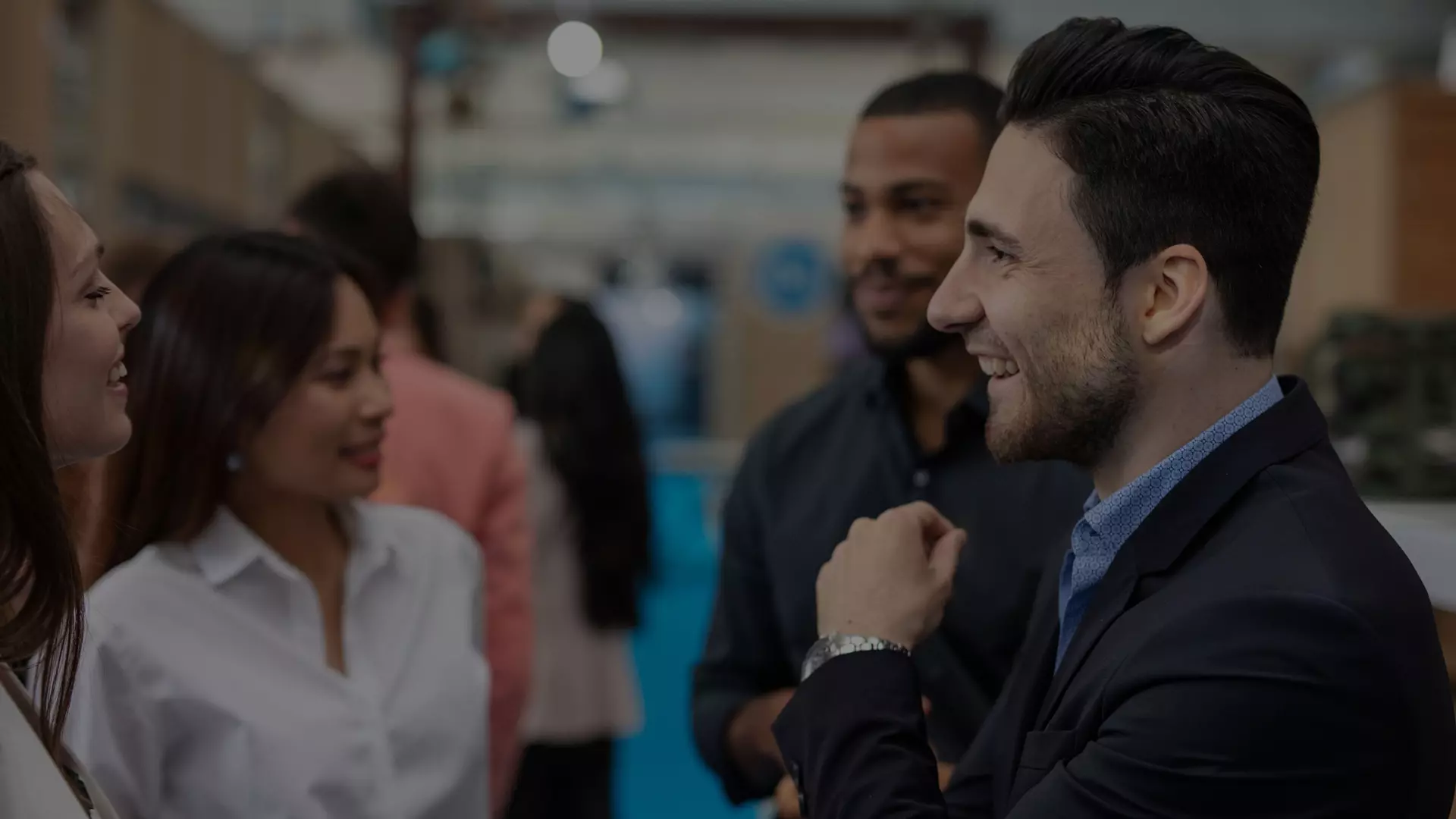
Network and Professional Events Calendar
The Networking and Professional Events calendar is a great tool to showcase your organization's events and opportunities to Waterloo students for free. Submitted events will be reviewed and upon approval will have their activity added to our student-facing events calendar in WaterlooWorks. This is a great way to showcase your organization's opportunities to students!
Learn more
Have an inquiry about Networking and Professional Events at UWaterloo? Please contact the Professional Events team via email.

Contact us
If you are interested in discussing hiring University of Waterloo talent, reach out to Aaron DeFaria via email.
